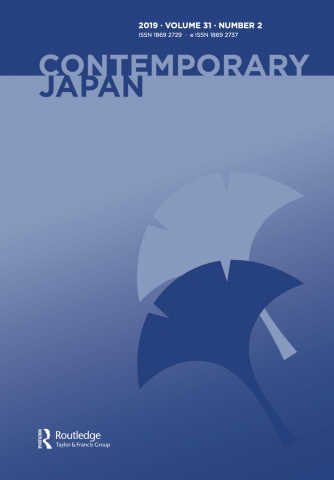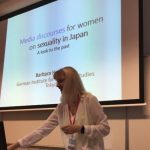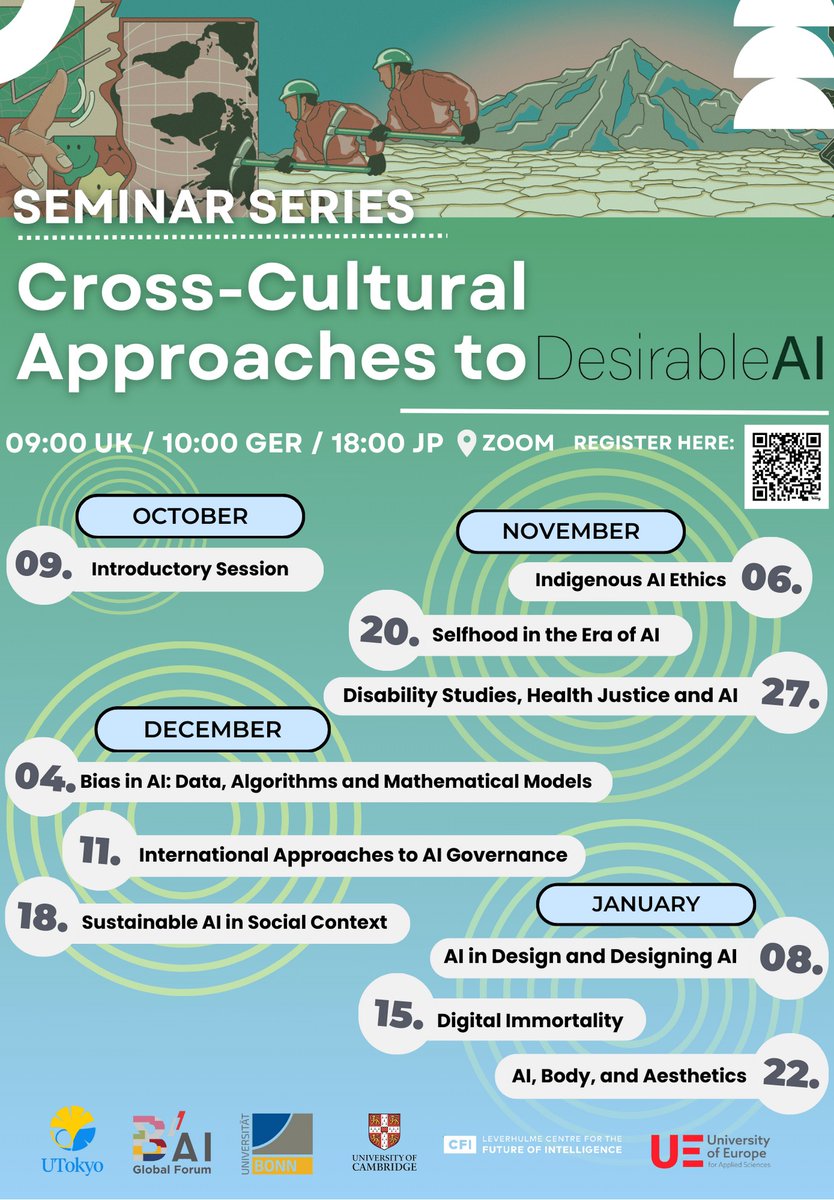イベント&アクティビティ
Working mums have it tough in Japan – creating Instagram-worthy, healthy lunches is one of many pressures they say they face
Barbara Holthus was interviewed for BBC on the continuing importance of mothers for providing lunch bento boxes to their children.
User-driven Innovation in Health- & Elderly Care in Japan
Japan is enthusiastic about developing and applying innovative technology in the context of health- and elderly care. Research and development in care robotics, sensor technology (mimamori sensā), or ICT applications are widely promoted by the government. Despite these manifold efforts and activities, many devices fall short of meeting the needs expressed by users. Therefore, this DIJ Forum raises the question, what is necessary to fulfil user’s needs in healthcare? What needs to be done to improve user acceptance and usability of technology regarding innovation in health- and elderly care? Our two speakers are best suited to discuss these questions from a cross-disciplinary perspective.
Speaker:
Sarah Cosentino, Waseda University
Nobu Ishiguro, Osaka University
デジタル時代におけるシチズン・サイエンス
– 市民社会と協働した人文・社会科学研究の可能性 –

デジタル技術の進展により、市民社会に新たな機会やチャンスが生まれています。市民科学の広がりはその一例です。市民が研究活動に参画することで、市民の科学に対する意識が深まるとともに、研究活動の可能性が広がります。しかしながら、自然科学分野に比べ、人文・社会科学分野における市民科学の実例は少なく、積極的に活用されているとは言えません。自然科学とは異なる困難な課題があると思われます。
そこで、本コンファレンスでは、人文・社会科学分野における市民科学の可能性と課題に焦点を当て、その意義や影響、政策的な示唆について、内外の第一線の専門家を招聘し、議論を行います。人文・社会科学研究と市民社会の接点をどのように形成していくのか、市民科学が市民社会と人文・社会科学研究にもたらすメリットや、新たな課題、影響はどのようなものか、また、責任ある協働研究は、どのような方法で進められるべきか。これらの点について率直に議論を交わします。
The Digital Transformation – Implications for the Social Sciences and the Humanities

The two-day academic workshop – jointly organized by the German Institute for Japanese Studies (DIJ), the German Centre for Research and Innovation Tokyo (DWIH Tokyo) and the Nippon Institute for Research Advancement (NIRA) – discussed the impact of DT on the social sciences and humanities with regard to three subtopics.
It first addressed the impact of DT for research questions and research design. What questions do we need to ask and how can we make best use of DT in the way we conduct research? Second, it elaborated the possible implications of DT with regard to the dissemination of research outcomes. Finally, it considered how DT might change the organization and institutional set-up of academia. Who will conduct research? Where will it be conducted? Will disciplinary boundaries remain relevant?
Contemporary Japan, Volume 31, Issue 2
 This issue starts with a Special Section on “Emotions and Affect in Studies on Contemporary Japan,” featuring original research articles on cutting edge topics including the dynamics of conversion to right-wing ideologies, the emotional toll of providing care for left-wing political prisoners, and the struggles in “coming out” for families of LGB individuals, prefaced with an introduction by Barbara Holthus grounding the studies in the sociology of emotion.
This issue starts with a Special Section on “Emotions and Affect in Studies on Contemporary Japan,” featuring original research articles on cutting edge topics including the dynamics of conversion to right-wing ideologies, the emotional toll of providing care for left-wing political prisoners, and the struggles in “coming out” for families of LGB individuals, prefaced with an introduction by Barbara Holthus grounding the studies in the sociology of emotion.
We also have three original articles covering topics that range from an analysis of historical memory in Yū Miri’s JR Ueno Station Park Exit, the shifting identity narratives of the Tokyo 2016 and Tokyo 2020 Olympic bids, and how katakana is used by discourse producers to communicate nuanced perspectives.
The DIJ at this year’s ICAS 11
At this year’s ICAS 11 conference in Leiden, Netherlands, the DIJ was represented by papers given by Barbara Holthus, Hanno Jentzsch, and Nora Kottmann. The Max-Weber Foundation also featured a book table, with numerous publications by the DIJ on display.
For more on this, see this report (in German).
Wielding Toxic Discourse: Insanity in the Nuclear Narratives of Chernobyl and Fukushima
Environmental scholar Lawrence Buell defined toxic discourse as a mode of writing that expresses “anxiety arising from a perceived threat of environmental hazard” (2003, 30-31). Fictional works from the Chernobyl and Fukushima nuclear accidents feature characters who appear to be mentally unstable because of this anxiety. Rather than their insanity discrediting them in the eyes of the nuclear industry, this presentation draws inspiration from Buell to consider how insanity can be used by victims of nuclear disasters to claim authority through toxic discourse by crafting narratives of resistance. One of the most controversial images stemming from nuclear disasters is of people who remain in highly irradiated areas unfit for human habitation. In novels by Kimura Yūsuke (Sacred Cesium Ground and Isa’s Deluge) and Alina Bronsky (Baba Dunja’s Last Love), the so-called insanity of these characters allows them to comment critically on the postdisaster situation, specifically the evaluation of risk and the bankruptcy of credibility. They provide insightful voices of resistance to the narratives of containment and safety perpetuated by the government and nuclear industry. The presentation ends with a consideration of actual residents in contaminated zones in Kamanaka Hitomi’s documentary Little Voices from Fukushima.
Speaker:
Rachel DiNitto, University of Oregon
日本における国際移住と政治・政策

過去 10 年間で、日本で報告されている移住労働者の数は 3 倍以上に増え、2018 年には約 150 万人に達しました。日本への海外からの移住と、それに伴う就労希望の外国人の増加は、これまで歴史上無かったことで す。政治家や学者としては、この数字が何を意味するのか、今何が起きているのか、なぜ、どのように、を知る必要があります。ここでは政治学の観点、及び日本国内外の観点から、この問題を取り上げます。
各政党はこのテーマについて何を言及しているのでしょうか。それぞれの政策提案とは何か、誰がそれを推進していくのか。そして、外国人雇用又は移民政策は彼らの政策アジェンダのなかでどのくらいの優先順位にあるのでしょうか。











 Open Access
Open Access
